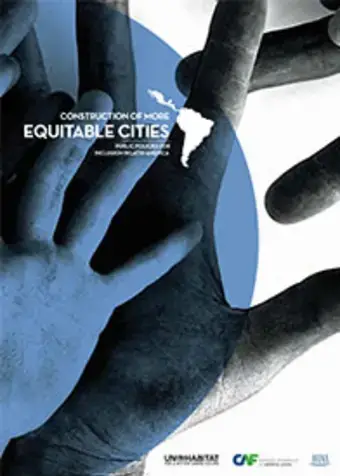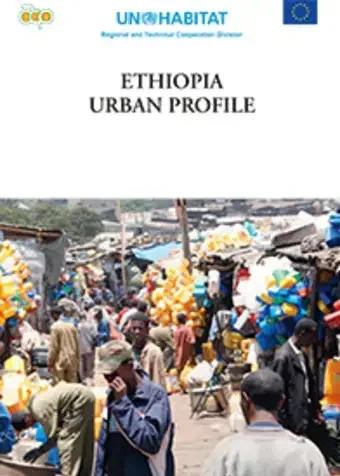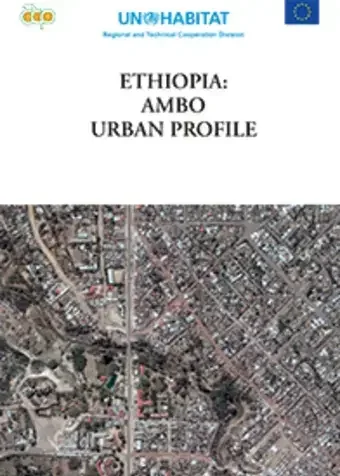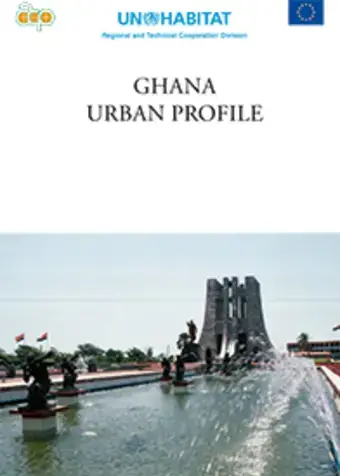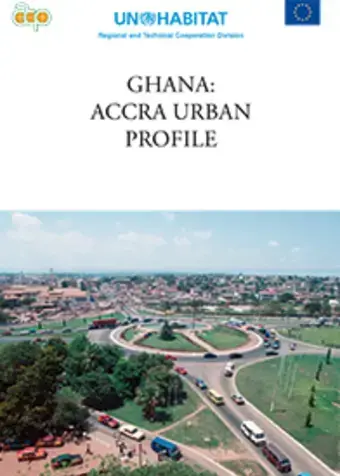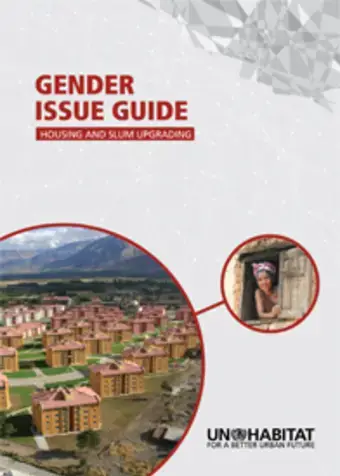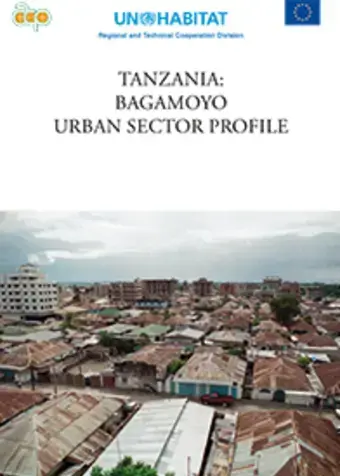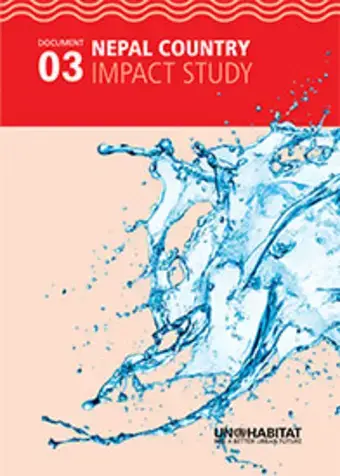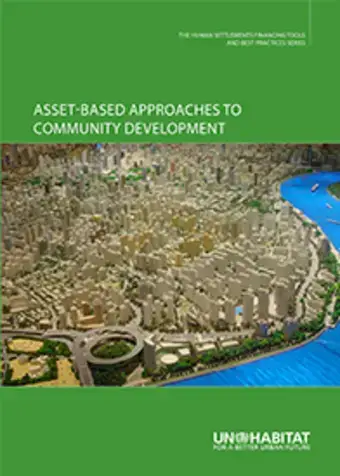 The Fiji National Urban Profile consists of an accelerated, action-oriented assessment of urban conditions, focusing on priority needs, capacity gaps, and existing institutional responses at local and national levels. The purpose of the study is to develop urban poverty reduction policies at local, national, and regional levels, through an assessment of needs and response mechanisms, and as a contribution to the wider-ranging implementation of the Millennium Development Goals.
The Fiji National Urban Profile consists of an accelerated, action-oriented assessment of urban conditions, focusing on priority needs, capacity gaps, and existing institutional responses at local and national levels. The purpose of the study is to develop urban poverty reduction policies at local, national, and regional levels, through an assessment of needs and response mechanisms, and as a contribution to the wider-ranging implementation of the Millennium Development Goals.
